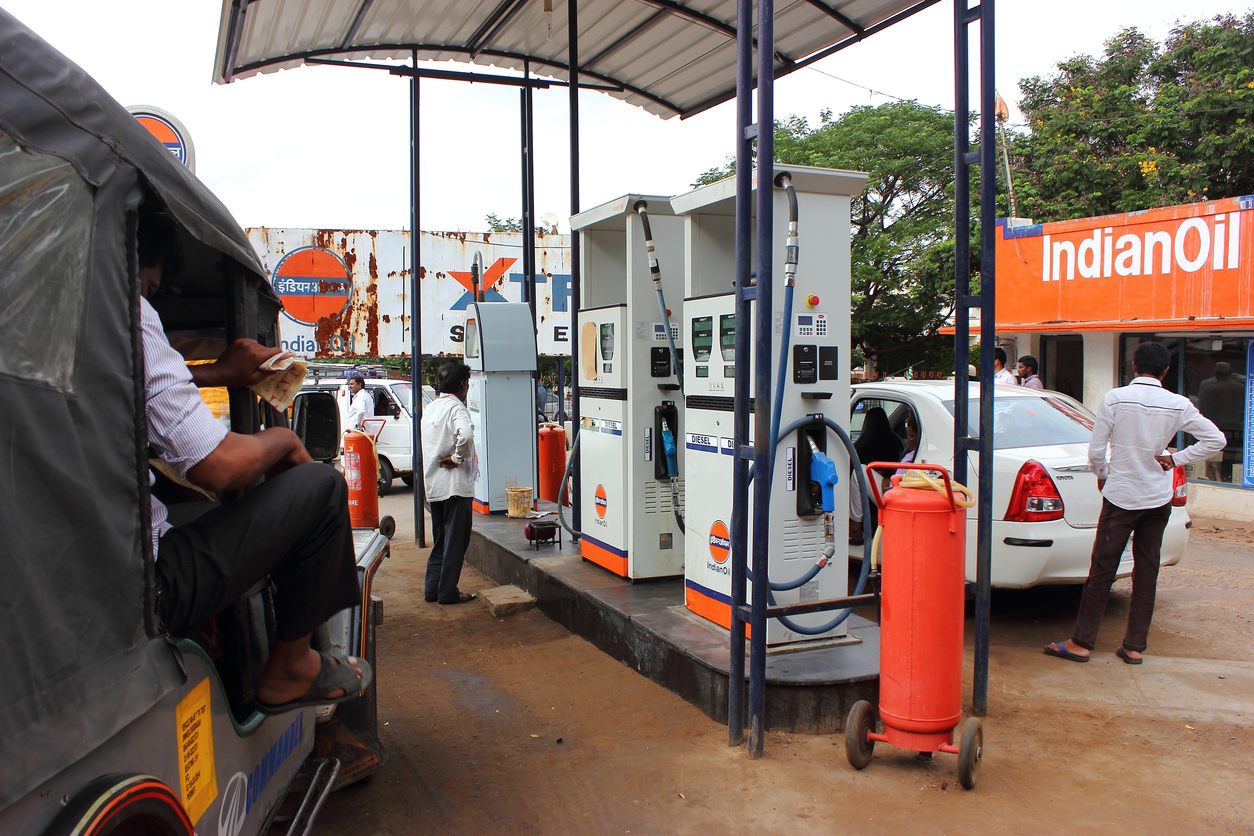Though oil prices have hit rock bottom across the globe, India is not in a position to take advantage of the situation. The world’s third-largest oil importer currently lacks the storage capacity to stockpile the cheap oil.
After the Indian government clamped down on all forms of passenger transport, including flights, to contain the spread of Covid-19, the oil industry was hit by a demand slowdown.
This has saddled both refiners and retail outlets with unsold stock. Nearly 95% of the country’s oil storage capacity has been filled since the countrywide lockdown was announced in the last week of March.
Due to low offtake, refineries are now operating at 40-50% of their capacities. Crude is being diverted to crude caverns, which are expected to be filled by May.
Consumption of diesel and gasoline, which accounts for more than half of India’s oil demand, dropped by more than 60% in the first half of April. The extension of the ongoing lockdown to May 3 has dashed hopes of an early recovery.
Market experts say the country’s storage capacity is low compared with China and Japan. They point out that India can store around 39 million barrels, and that can sustain the country for only nine days in the event of a supply disruption. However, China’s total capacity is 550 million barrels and Japan’s is 528 million barrels, ensuring a supply of over 190 days.
Though India approved construction of two new caverns in 2018, as part of its phase two expansion, work is yet to commence on these projects.
The world is quickly running out of options for storing excess oil. The biggest independent oil storage company, Royal Vopak NV, said it has leased out almost all available space to store crude and refined fuels due to the still-expanding glut that drove oil prices negative for the first time in history.
This shortage has even prompted some traders to store crude in ocean-going tankers in the hope of better prices ahead. This in turn is leading to a steep rise in shipping prices as the industry is now facing a shortage of tankers.
The free fall in prices is now threatening the future of the oil industry as a whole with companies lowering their output.
























